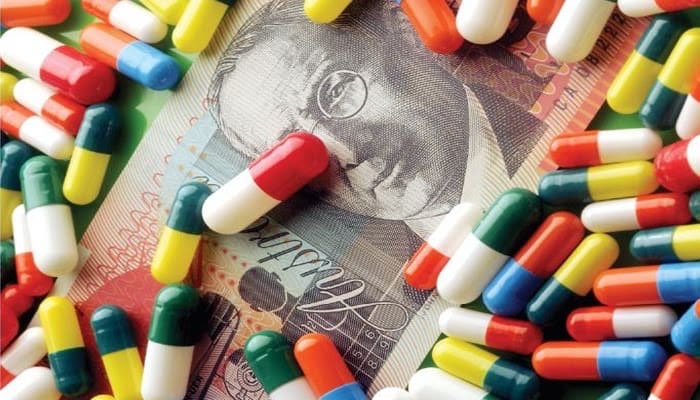Nigeria has finalised the Executive Order Harmonized Implementation Framework that abolishes Value Added Tax (VAT) and Excise Duties on pharmaceutical products and medical devices.
Dr Tunji Alausa, the Minister of State for Health and Social Welfare, disclosed on Wednesday in Abuja.
Alausa said that the development, which has been cleared for gazetting, was expected to enhance the operational capacity of local pharmaceutical manufacturers and reduce the prices of essential healthcare supplies.
“The new framework allows the Federal Inland Revenue Service (FIRS) and the Nigeria Customs Service to implement these tax exemptions, paving the way for local producers to fully benefit from the relief measures initiated by President Bola Ahmed Tinubu,” he said.
The minister anticipated that this initiative would alleviate the financial burden on millions of Nigerians reliant on critical health supplies, aligning with its commitment to improving healthcare access and affordability.
“This is a critical milestone that will foster a healthier, more self-reliant nation.
“By supporting local manufacturers, we are unlocking the healthcare value chain and making quality healthcare more accessible for all,” he said.
He said that the gazetting of the Harmonised Implementation Framework marked a key achievement in the Ministry’s 4-point agenda, which stressed the importance of local production in strengthening the nation’s health sector.
“Copies of the framework will be disseminated to relevant agencies for prompt action, signalling a concerted effort to improve healthcare delivery across Nigeria,” he disclosed.
He said that the initiative was widely viewed as a positive step toward stabilising the pharmaceutical market and ensuring that essential medications and medical devices were available at lower costs.
The minister said that it would also enhance the overall health outcomes for the Nigerian populace.
The Nigerian healthcare system has faced persistent challenges, including high costs for essential medications and medical devices, which have adversely affected access to healthcare for millions of citizens.
Recognising the need for reform, the government has prioritised initiatives to support local pharmaceutical manufacturing and reduce the financial burden on consumers.
In recent years, the Federal Government, under President Tinubu, has introduced various measures aimed at revitalizing the healthcare sector, including the Executive Order on zero VAT for pharmaceutical products.
This order is part of a broader strategy to enhance healthcare delivery by fostering local production capabilities, thereby ensuring that Nigerians have access to affordable and quality health supplies.
The Executive Order aligns with the Ministry of Health and Social Welfare’s four-point agenda, which focuses on improving healthcare access, promoting local manufacturing, and strengthening the healthcare value chain.
The successful finalisation and implementation of the Harmonised Implementation Framework mark a significant step in the government’s commitment to achieving these goals.
By eliminating VAT and excise duties, the government aims to stimulate the local pharmaceutical industry, reduce the prices of essential drugs, and improve the overall health outcomes for Nigerians.
This move is expected to create a more sustainable healthcare system while encouraging the growth of local manufacturers.
























